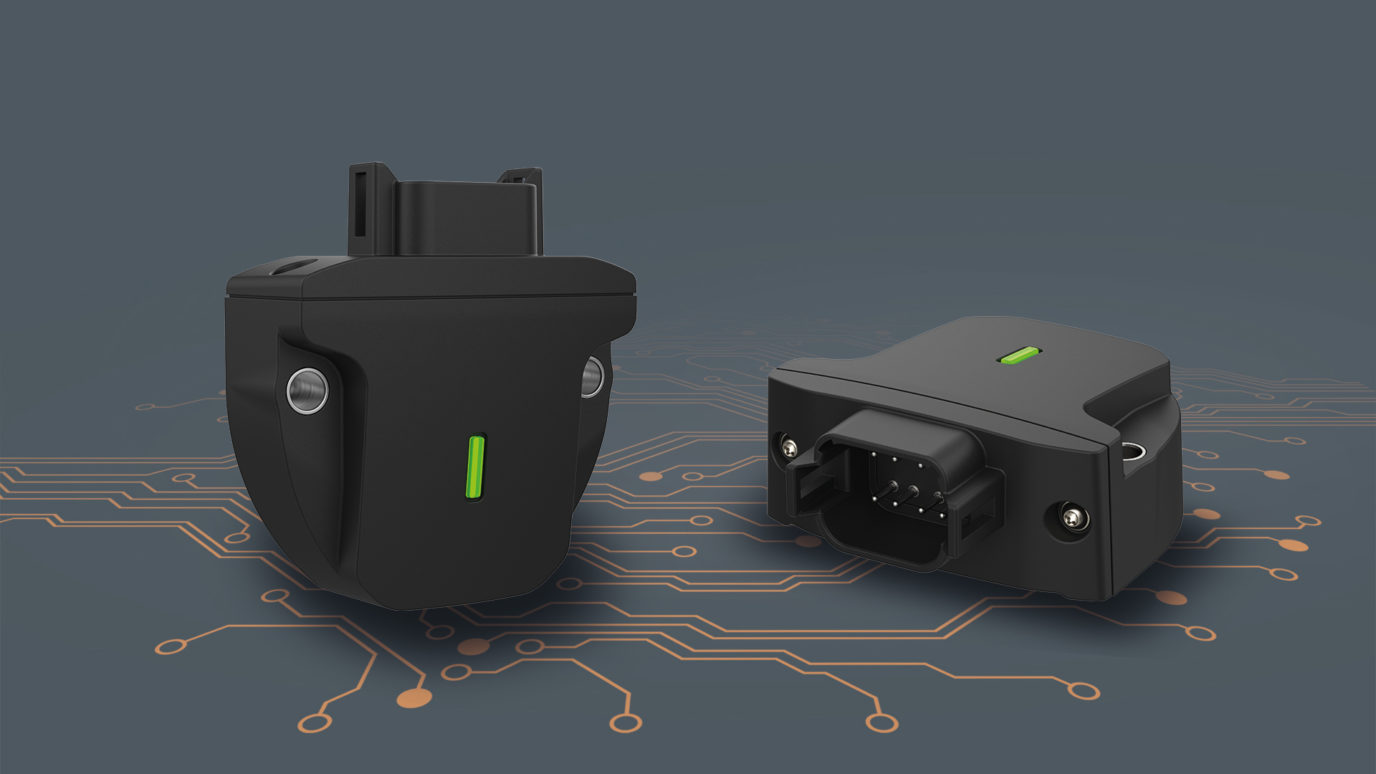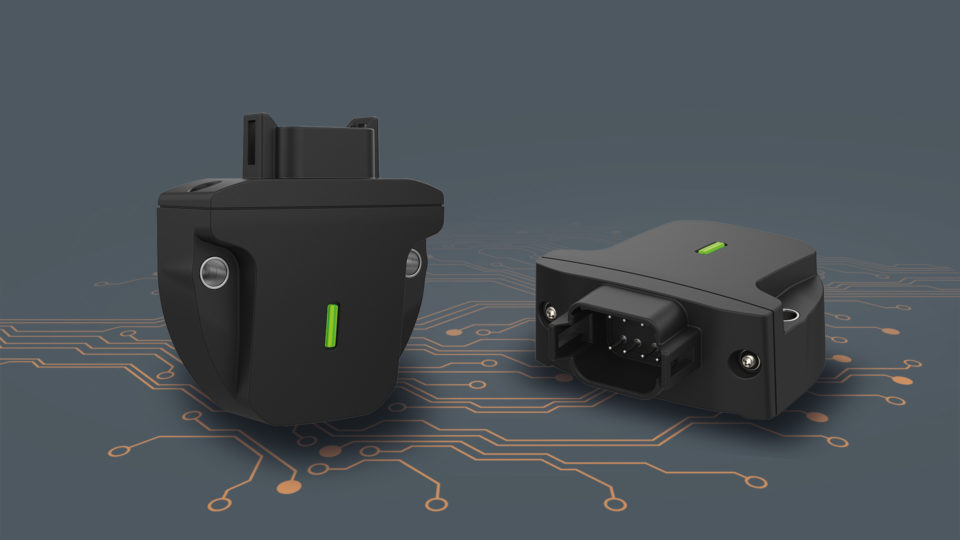

The N6 static enables high-precision measurement under harsh environmental conditions, in stationary operations or in the event of slow vehicle movement. For easy conversion, the sensor is backwards-compatible with the previous N3, N4 and N5 tilt sensors. A gyroscope is also integrated into the N7 dynamic, which enables high-precision measurement even in dynamic applications. Both sensors are suitable for use in off-highway vehicles, such as agricultural and forestry machinery, construction equipment or industrial trucks.
Durable design, flexible use
These sensors are built to last with IP67/IP6K9K protection (ISO 20653). The sensors operate in a temperature range from -40° C to +85° C and are shock-resistant up to 50 g. The designers placed particular emphasis on easy measurement adaptability to the particular application. The sensors can be configured with various connections – Deutsch DT06-8S, one M12 5-pin or two M12 5-pin (CAN in/out). Networking the CAN signal (daisy chain) is possible in conjunction with the two M12 5-pin plugs and facilitates simplification of the cable harness.
The N6 static and N7 dynamic tilt sensors are based on MEMS technology and are designed for communication in a CAN-bus system with the CANopen and SAE J1939 protocols, each with or without relay switching output. The N6 static also offers an analogue signal with 4–20mA or 0.5-4.5V.
Unified Diagnostic Services (UDS ISO 14229) expands the range of functions with a diagnostic option and software update. This enables uncomplicated parameter update capability and simplifies product selection.
The N6 static and N7 dynamic can be installed approximately 30% faster than most other tilt sensors due to the 2-point mounting with M6 screws. Only a flat, sufficiently large surface is required for assembly, no further mechanical modifications are required. By using the integrated connectors, the sensors can be easily adapted into existing cable harnesses.
Precise, even if things get bumpy
The N7 dynamic is used when the vehicles are mainly exposed to uneven surfaces, vibrations and shocks. The raw data from the acceleration sensor and gyroscope are combined using complex sensor fusion algorithms (Kalman filter). As a result, the N7 dynamic also delivers more stable and precise output signals while in motion than sensors without sensor fusion.
Further information about the company can be found at www.elobau.com.
Leutkirch, 14/10/2022
Words: 430, Characters with spaces: 2.769

